Central Asia blends nomadic and settled traditions, making food central to life and hospitality. Street cuisine isn't just fast food — it's a gastronomic ritual. In bustling bazaars and teahouses, aromatic dishes tell the history of their people. Each country — Kazakhstan, Kyrgyzstan, Uzbekistan, Tajikistan, and Turkmenistan — offers unique street food while sharing common Central Asian flavors.
Kazakhstan: nomadic traditions and meat delicacies
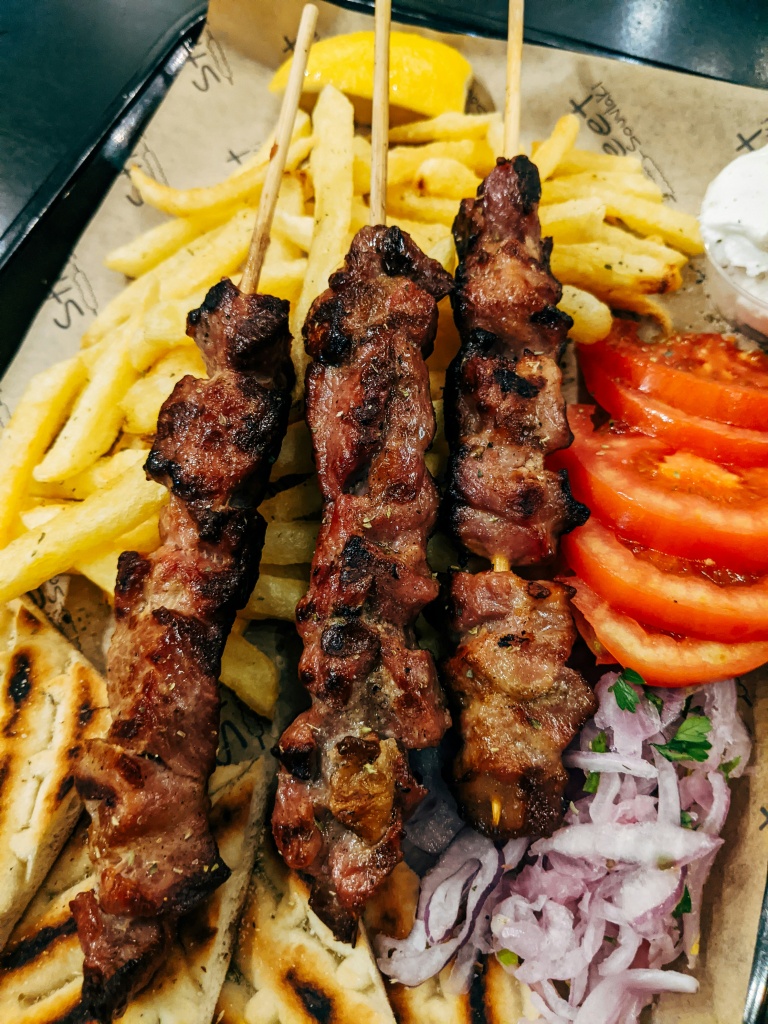
Kazakh street food reflects the traditional cuisine of the nomadic peoples, where meat, dough, and dairy products play a central role.
Baursaks — small, fluffy pieces of dough deep-fried until golden brown. They can be sweet or savory and are often served as a snack or alongside tea.
Shashlik — flavorful chunks of marinated meat lamb, beef, or chicken, skewered and grilled over charcoal until crispy and juicy.
Manty — large steamed dumplings filled with minced meat and onions, served with sour cream or vinegar.
Doner Kebab — a popular street food dish made of thinly sliced marinated meat, usually wrapped in lavash with vegetables and sauces.
Kyrgyzstan: eastern exotics and bold flavors
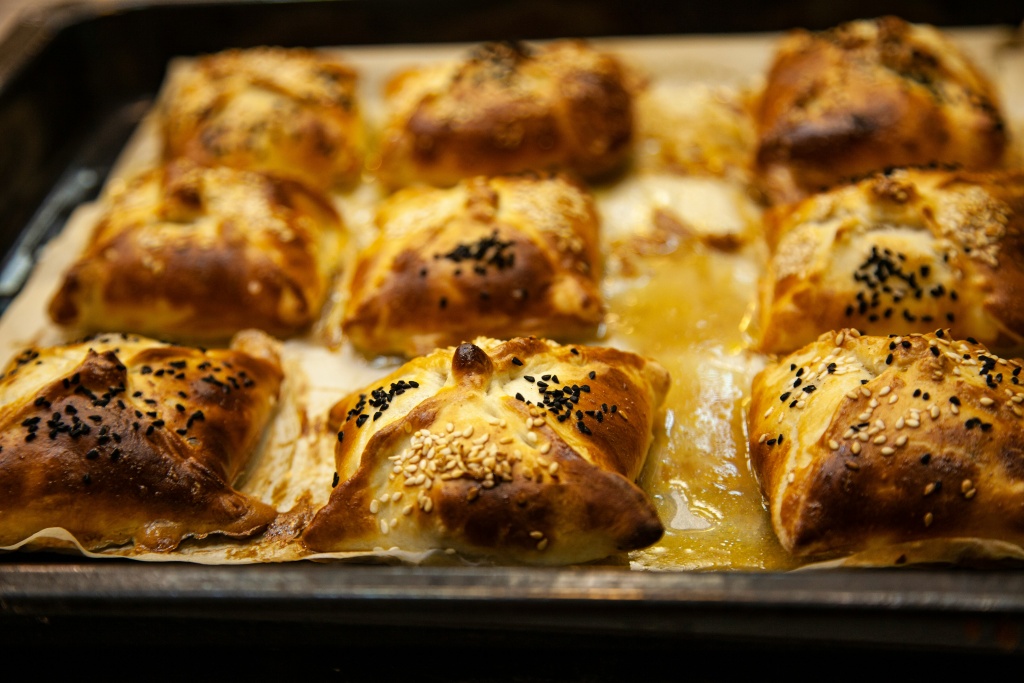
Kyrgyz cuisine combines nomadic traditions with influences from Uyghur and Dungan cooking, making its street food incredibly diverse.
Samsa — flaky pastries filled with minced meat, potatoes, or pumpkin, baked in a tandoor until crispy and aromatic.
Ashlyam-fu — a popular cold Uyghur dish made of starch noodles, spicy broth, vegetables, and herbs. It is refreshing and flavorful, especially popular in the summer heat.
Bozo — a fermented millet-based drink with a slightly alcoholic effect and a sweet-sour taste.
Shishkebek — a traditional Kyrgyz liver kebab. The first mention of this dish dates back to the Orkhon-Yenisei inscriptions of the 5th-8th centuries.
Uzbekistan: the land of pilaf and tandoor pastries
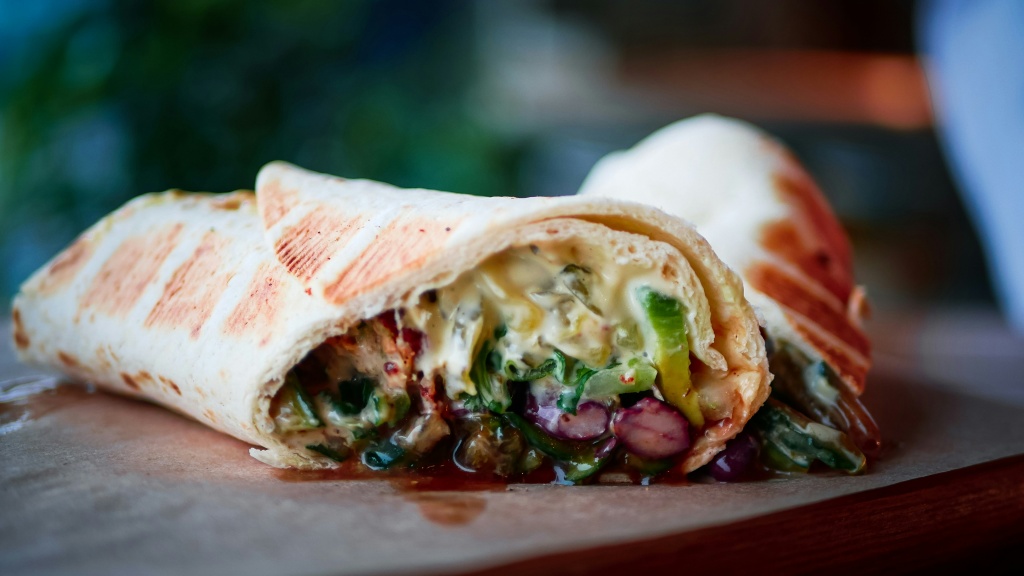
Uzbek street food is rich in flavors, spices, and the aromas of the East.
Somsa — tandoor-baked pastries with fillings of lamb, beef, pumpkin, or potatoes. The dough is crispy on the outside and soft inside.
Gijduvon shashlik — skewered and marinated meat grilled over charcoal until perfectly tender and aromatic.
Naryn — a cold dish made from finely sliced boiled meat and noodles, seasoned with spices, onions, and a drizzle of oil.
Gumma — soft steamed or fried buns with a meaty filling, similar to Chinese baozi but with a richer taste.
Shawarma — thin flatbread filled with grilled meat, fresh vegetables, and sauces, often sold at street food stalls.
Khanum — a steamed dough dish from Uzbek cuisine, filled with potatoes or minced meat, resembling manty but rolled into a large log before slicing.
Tajikistan: hearty meat dishes and fragrant spices
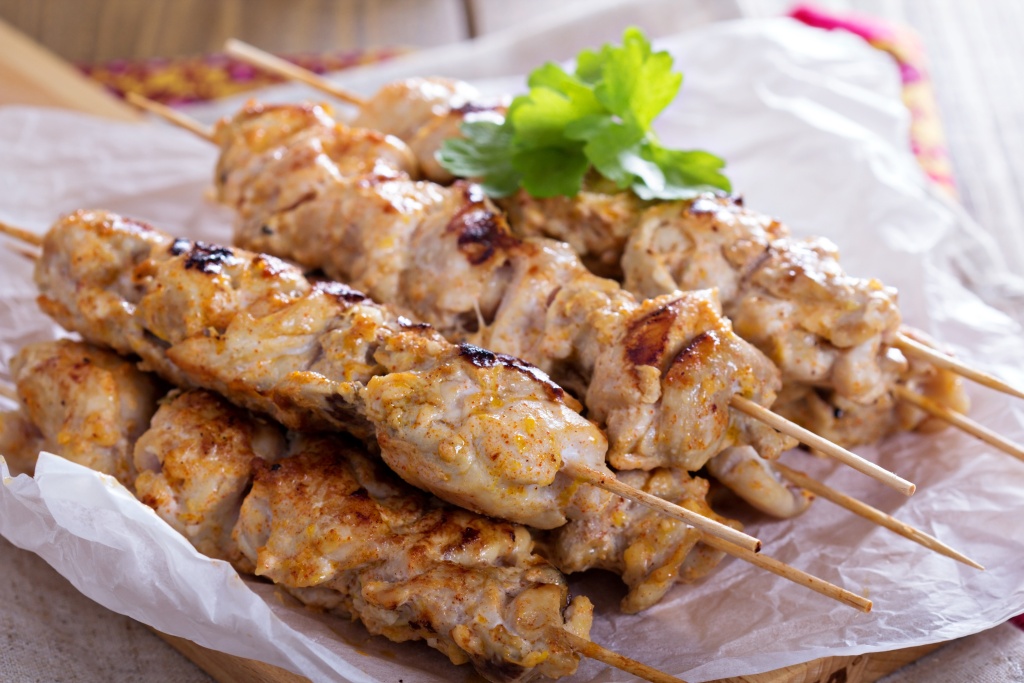
Tajik cuisine shares many similarities with Uzbek cuisine but often emphasizes fresh herbs, dairy products, and vegetables.
Kabob — Tajik-style shashlik, grilled over an open fire, often with added lamb fat for extra juiciness.
Shirchoy — a salty tea with milk, butter, and spices, particularly popular in the mountainous regions.
Kulcha — freshly baked tandoor bread, widely sold on the streets and an essential part of every meal.
Qurutob — a national dish made of torn pieces of flatbread soaked in yogurt and mixed with onions, herbs, and vegetables. One of the most popular vegetarian dishes in the region.
Turkmenistan: simplicity and hearty meals
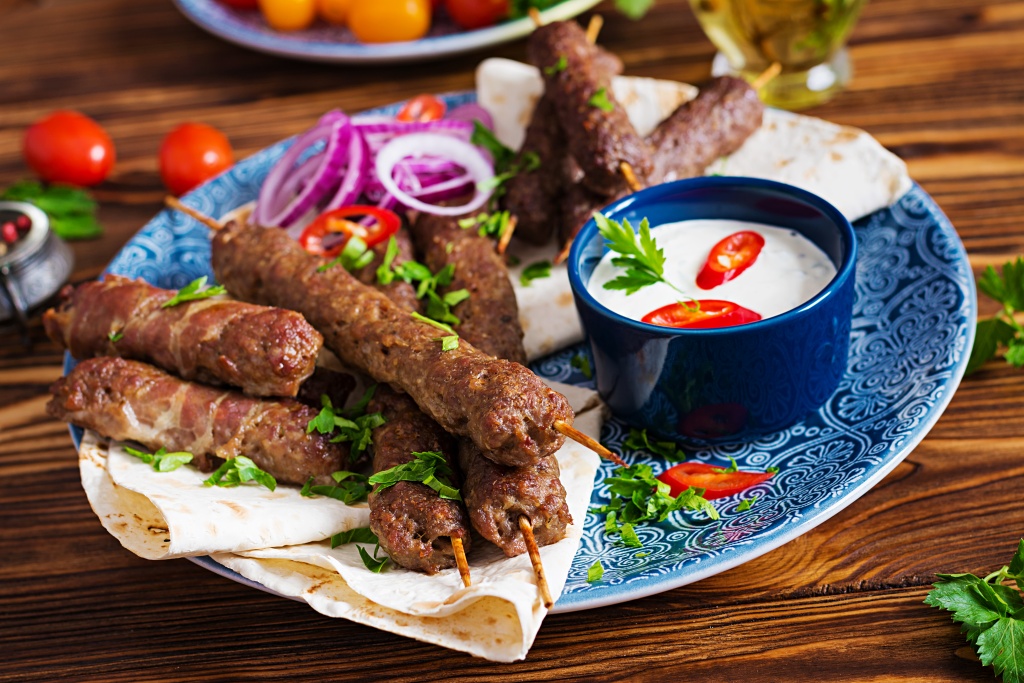
Turkmen street food is known for its simplicity and satisfying flavors, often centered around meat and dough-based dishes.
Chorek — fluffy tandoor-baked bread, often eaten with meat or cheese.
Shashlik — tender chunks of lamb or beef, marinated and grilled on skewers.
Balykly Yanakhly Ash — a traditional rice dish with fish, cooked in a special sauce with aromatic spices. One of the few fish-based dishes in the region, popular among Turkmen communities near the Caspian Sea.
Dograma — a rich meat soup with pieces of bread, offering a deep and satisfying taste.